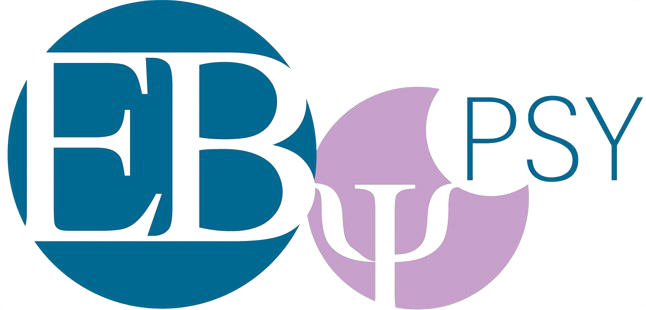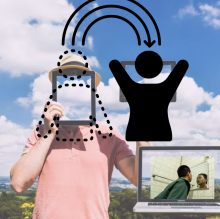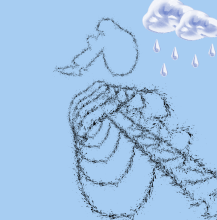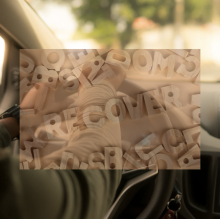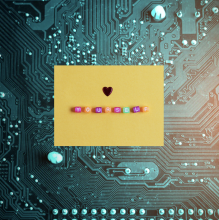Turning Pain into Purpose: How Helping Others Can Heal You
We all carry emotional wounds—moments of trauma, grief, loss, heartbreak, or hardship that leave lasting marks. But what if those same painful experiences could be transformed into tools for healing, not just for ourselves but for others too? For many, sharing and using their own challenging experiences to support others becomes a meaningful and therapeutic path to recovery. This concept, often referred to as “wounded healing,” is a powerful way to turn personal adversity into compassionate action.
